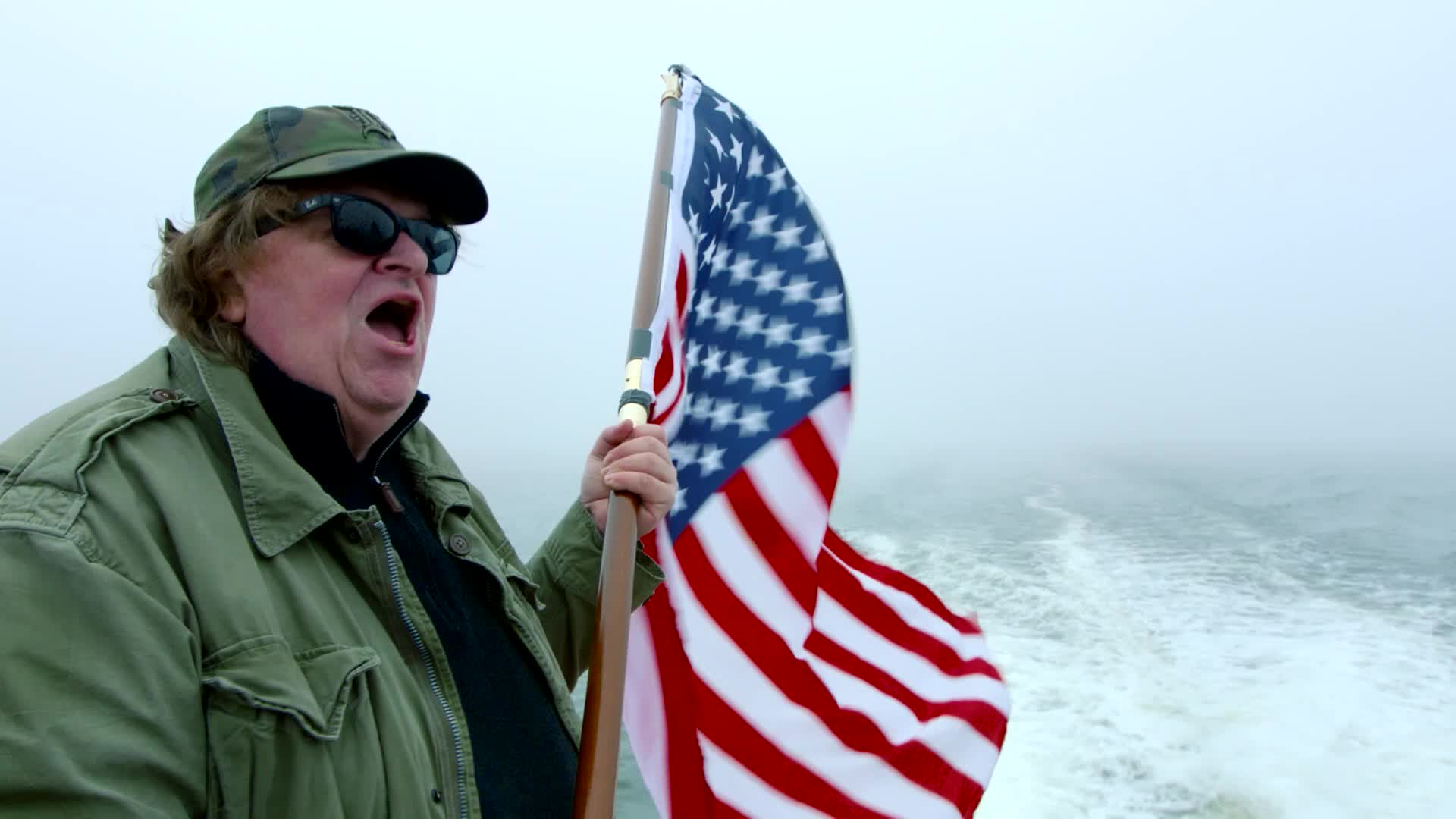The last time I saw Don Owen was at the retirement facility in which he resided during his final years, in Toronto’s artsy Annex neighbourhood. He was sitting in his chair, the aged hipster, eyes cast upward, offering not a hint that he was still inhabiting this world. But when I called his name, he looked towards me and gradually focused, once again ready to engage with the people around him.
Don Owen was a dreamer and it is appropriate that toward the end of his life he found it less and less interesting to engage with the hustle and bustle of daily life. He had been into meditation for decades and loved Eastern philosophy. When he stopped filmmaking, his artistic life continued. He worked on his memoirs, but his main pursuit was his art. His paintings were intense and colourful: landscapes of phantasmagoric forests and cities. Were they real or a dream?
Don Owen will always be remembered for the madness and inspiration that fostered English Canada’s first great narrative film, Nobody Waved Goodbye. Rebelling against an NFB assignment to make a doc about the youth probation system, Owen convinced his cinematographer and editor John Spotton to work with him on a drama, really the first ever made in Toronto. The duo subverted the system, convincing the Board to raise the budget to an unheard-of $75,000, so they could create a proper “docu-drama.”
Owen found the perfect lead, Peter Kastner, a young actor and musician with a talent for improvisation. Kastner was spontaneous and inventive, turning scenes of anger against his “uptight” parents and vulnerability towards his girlfriend (Julie Biggs) into moments of genuine emotion. Spotton harnessed the improvisational skills he’d developed working on NFB cinema verité shorts to capture the film’s dramatic scenes. Heading up the proceedings was Owen, in all his glory, making a genuinely breakthrough production.
Owen’s career didn’t begin or end with Nobody Waved Goodbye. The docs he made at the Film Board remain lively and full of mischief, particularly Toronto Jazz, featuring the brilliant young pianist/artist Michael Snow and the extraordinary fingerstyle guitarist Lenny
Breau, and Ladies and Gentlemen, Mr. Leonard Cohen, an intensely personal look at the then-young Montreal poet, co-directed by Donald Brittain. Owen’s narrative essay Notes for a Film about Donna and Gail, also made in the 60s, might well be his best work.
Don Owen encapsulates the irreverent humour mixed with spirituality and lust that made the Sixties such a wonderful time. He didn’t have a film career; he had an artistic life. Kudos to Steve Gravestock at TIFF for acknowledging Don Owen during his lifetime with a 2005 retrospective. It may be too easy for the rest of us to do it now.
Nobody Waved Good-bye, Don Owen, provided by the National Film Board of Canada










